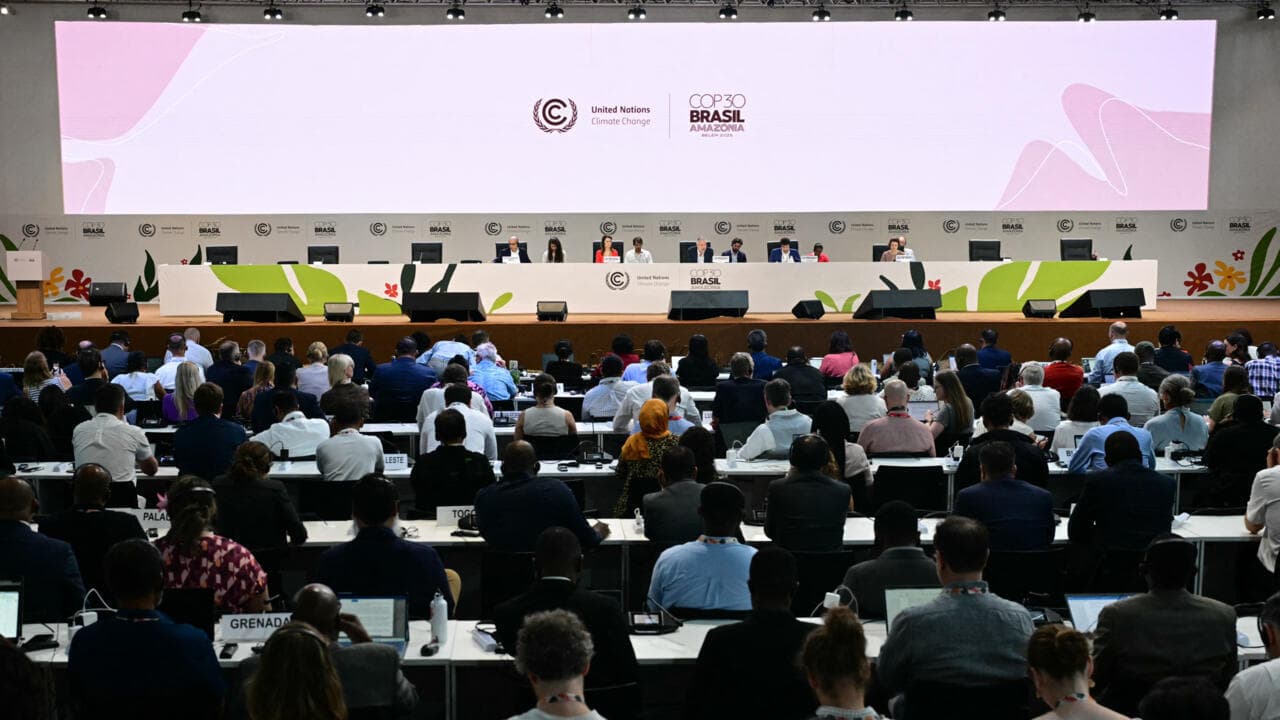Nearly 200 countries adopted a new climate agreement at the COP30 summit in Brazil on Saturday despite misgivings from the European Union that had sought more action on phasing out fossil fuels.
Andre Correa do Lago, the Brazilian diplomat who presided over COP30, brought down his gavel to signal the deal's approval by consensus, to applause and cheers in the room.
The two-week conference, billed as a chance to show that nations can still join forces to tackle climate change despite the absence of the United States, had been scheduled to end on Friday but dragged into overtime.
The European Union had been pressing for language on the move away from fossil fuels, but had come up against stiff resistance from the Arab Group of nations including top oil exporter Saudi Arabia.
The impasse was resolved after all-night negotiations led by host nation Brazil, according to negotiators.
A draft deal issued earlier on Saturday showed countries had agreed on steps to help speed up climate action, review related trade barriers and triple the money given to developing countries to help them withstand extreme weather events.
The European Union's climate commissioner, Wopke Hoekstra, said that the proposed accord was acceptable, even though the bloc would have liked more.
"We should support it because at least it is going in the right direction," he said.
Fossil fuel pledge moved into 'roadmap'
COP30 President Andre Correa do Lago said on Saturday that the presidency would publish a side text on fossil fuels as well as on protecting forests – instead of adding them to the official agreement – as there had been no consensus on these issues at the global climate talks.
"I will announce that the Brazilian presidency will do the two 'roadmaps' because visibly we did not have maturity to reach consensus. I believe if we do it under the presidency we will have results," he said.
The decision to triple climate finance by 2035, meanwhile, will be part of the COP30 agreement, resolving a key demand from poorer nations struggling to cope with climate impacts.
Separately, a Leaders' Declaration from a G20 meeting in South Africa stressed the seriousness of climate change, in a snub to US President Donald Trump.

